Hurricane Melissa has led to at least 50 deaths across the Caribbean as of Friday afternoon, with the storm now weakened into a post-tropical cyclone, veering eastward away from the Americas. The Category 5 storm carved a massive swath of destruction across Jamaica, Haiti, and Cuba as it lashed the region with howling winds and torrential downpours. For Jamaica, Melissa was the strongest hurricane the island had experienced on record when it made landfall on Tuesday with winds at 185 miles per hour, putting it firmly in Category 5.
According to Dana Morris Dixon, Jamaica's minister of education, skills, youth, and information, "We have never had a Category 5 hurricane in our country." The storm's unprecedented strength and ferocity have left a trail of devastation in its wake, with widespread power outages, destroyed homes, and critical infrastructure damage reported across the affected areas.
One of the key factors contributing to Melissa's unusual intensity is its rapid intensification phase, which allowed it to strengthen from a tropical storm to a Category 5 hurricane in a matter of hours. This phenomenon is often associated with the presence of warm ocean waters and low atmospheric pressure, which can create a perfect storm for hurricane intensification. Climate experts attribute this to the ongoing effects of climate change, which are altering global weather patterns and leading to more extreme weather events.
Another factor making Melissa so unusual is its trajectory, which took it directly over Jamaica, a country that has historically been spared from the worst of hurricane impacts. The storm's path was influenced by a combination of atmospheric and oceanic conditions, including a strong high-pressure system to the north and a low-pressure system to the south, which funneled the storm into the region. This unusual track allowed Melissa to maintain its strength and intensity, making it a particularly destructive force.
The impact of Hurricane Melissa has also been exacerbated by the region's vulnerability to climate-related disasters. Jamaica, Haiti, and Cuba are all highly susceptible to the effects of climate change, with rising sea levels, increased flooding, and more frequent extreme weather events posing significant threats to their economies, infrastructure, and populations. The storm's destruction has highlighted the urgent need for climate resilience and adaptation measures in the region, as well as the importance of international cooperation and support in responding to and recovering from such disasters.
As the storm continues to move eastward, officials in the affected areas are working to assess the full extent of the damage and provide aid to those in need. The international community is also mobilizing to provide support, with emergency responders, aid organizations, and governments around the world offering assistance and resources to the affected regions. The aftermath of Hurricane Melissa will serve as a stark reminder of the importance of climate action and the need for sustained efforts to build resilience and adapt to the changing climate.
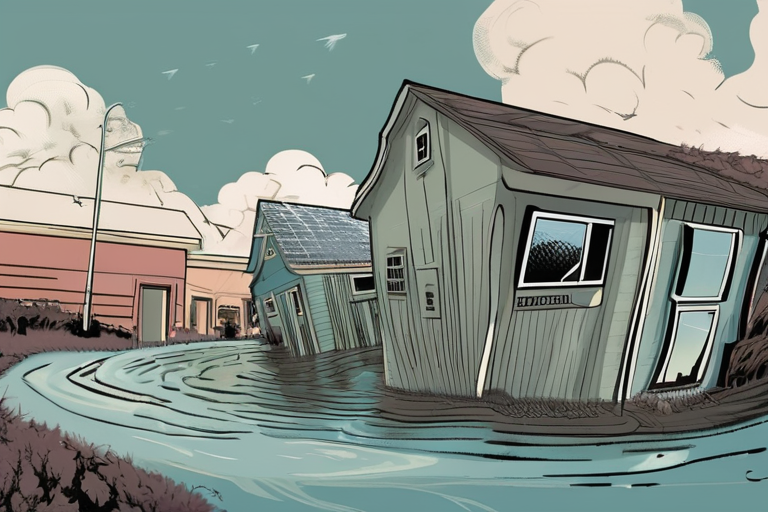




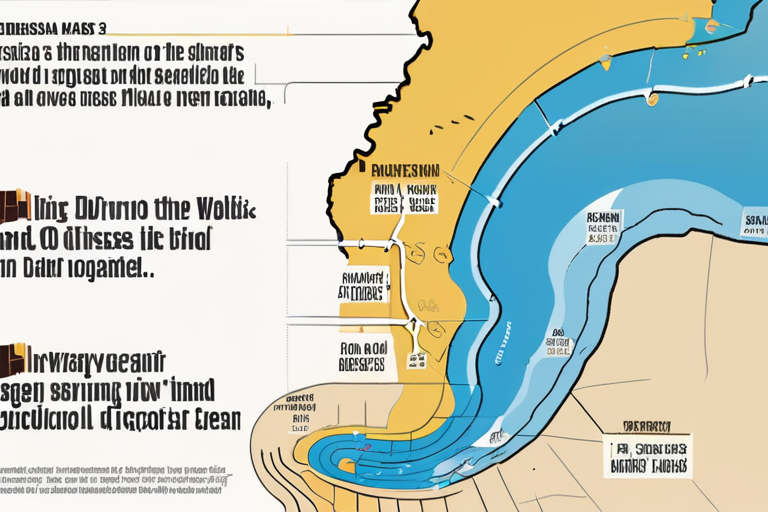
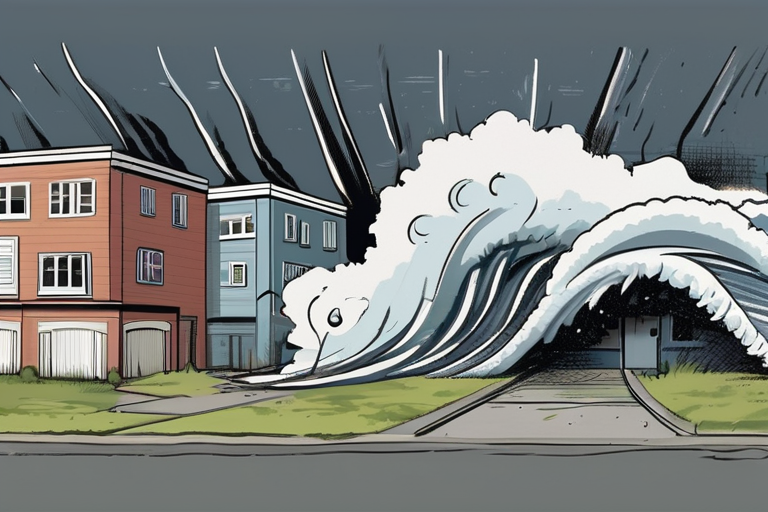
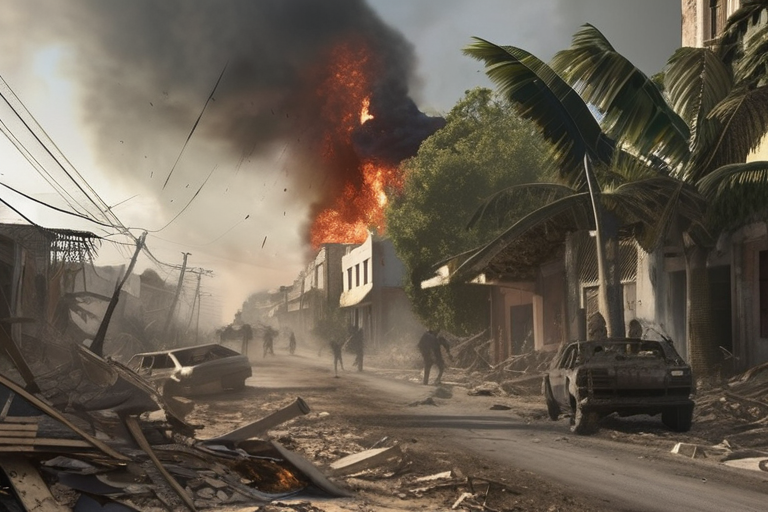

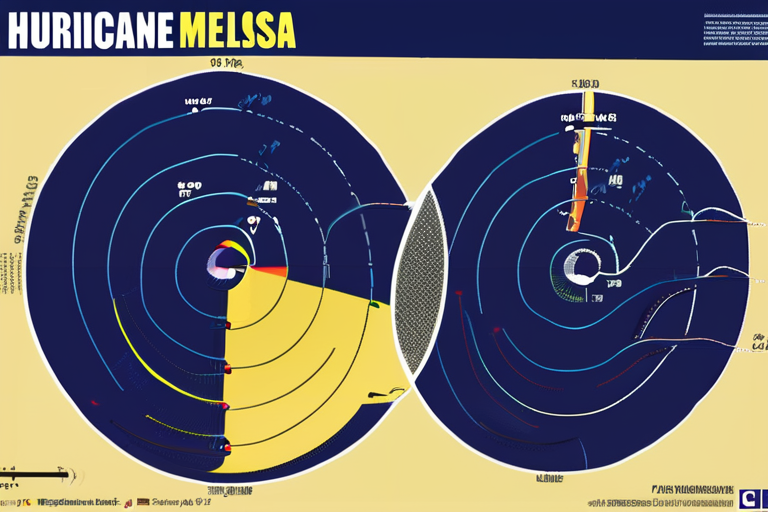
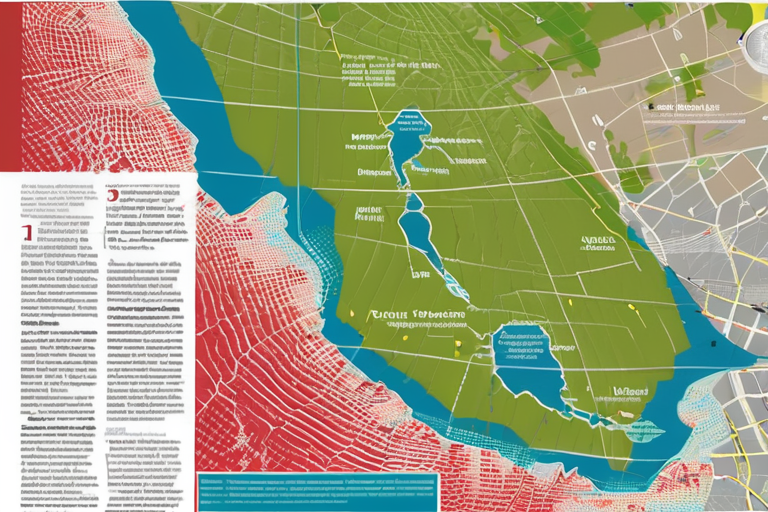
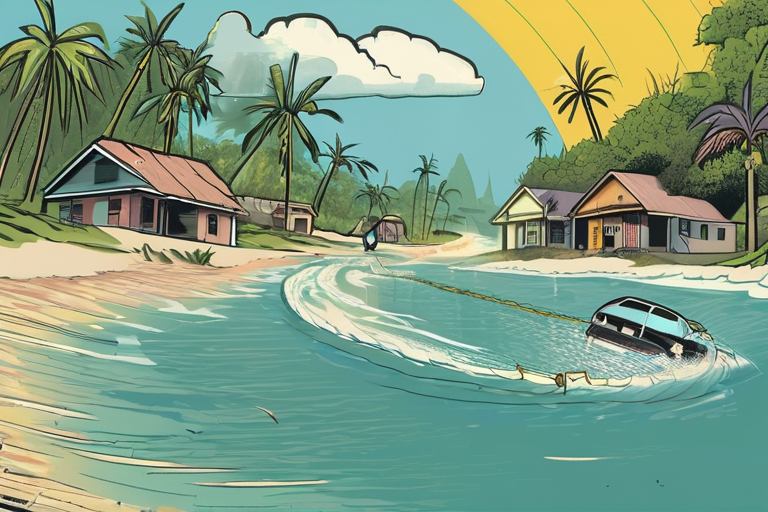



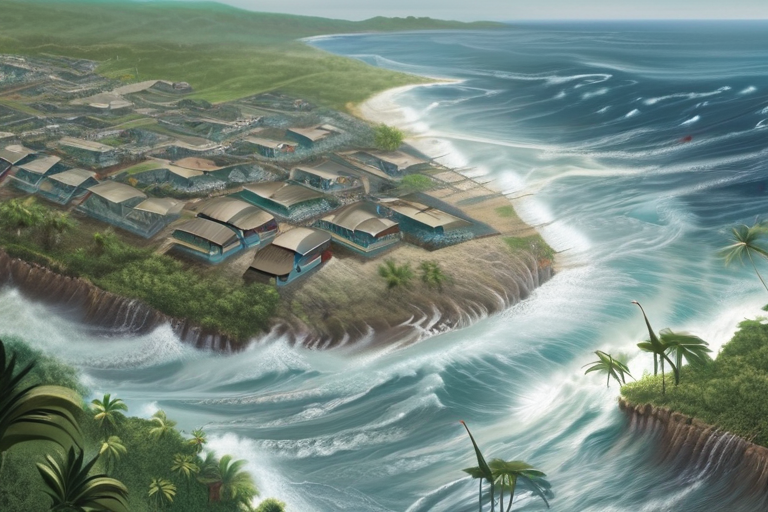

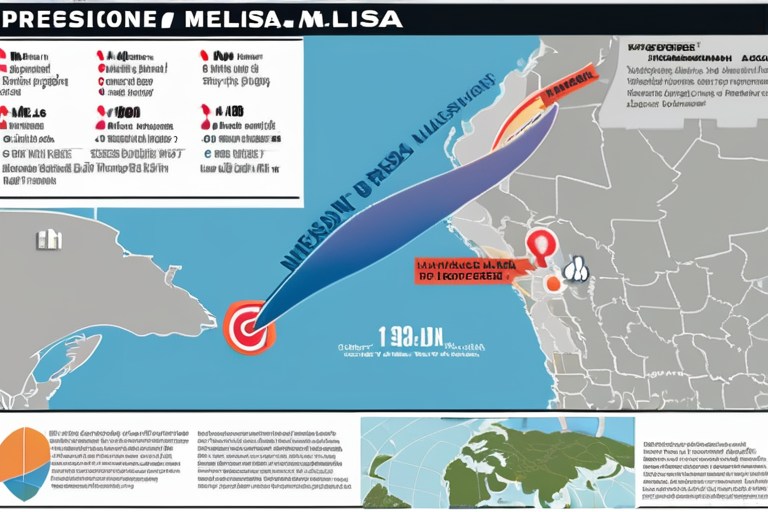
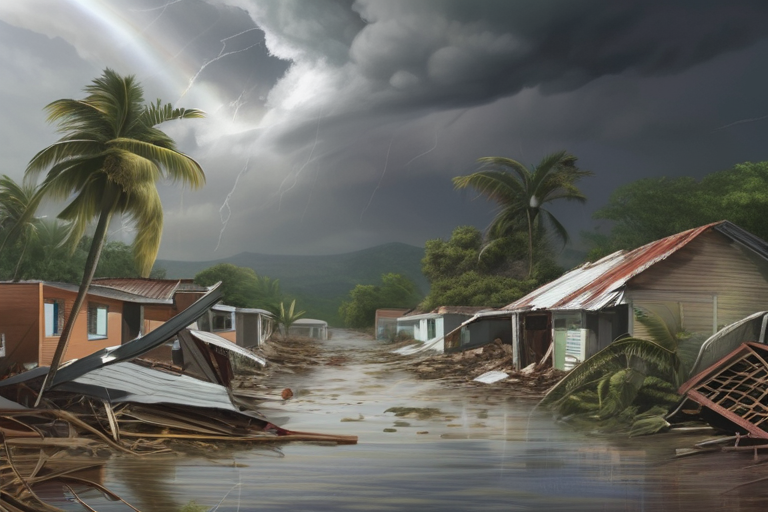

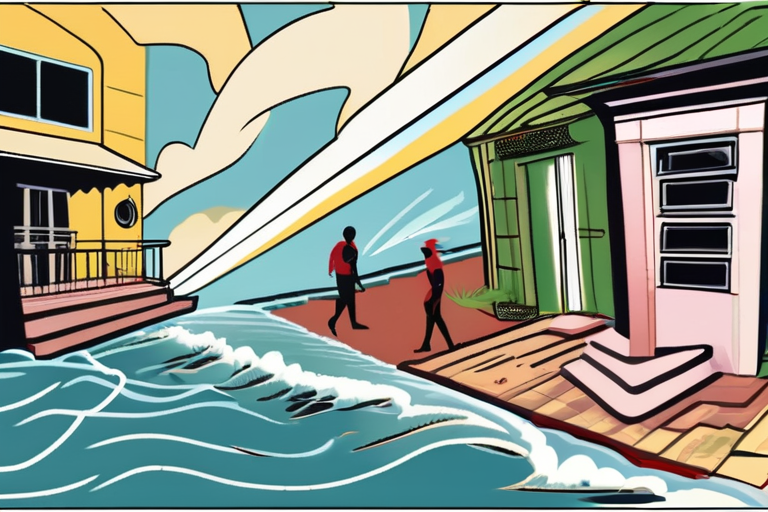
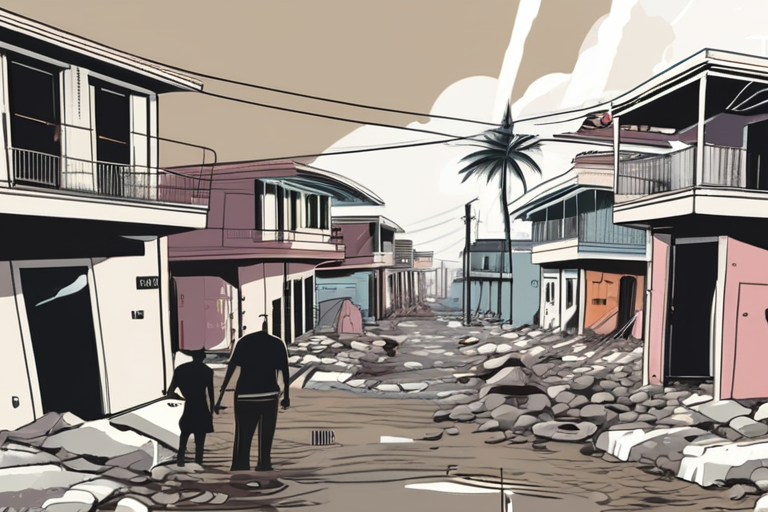
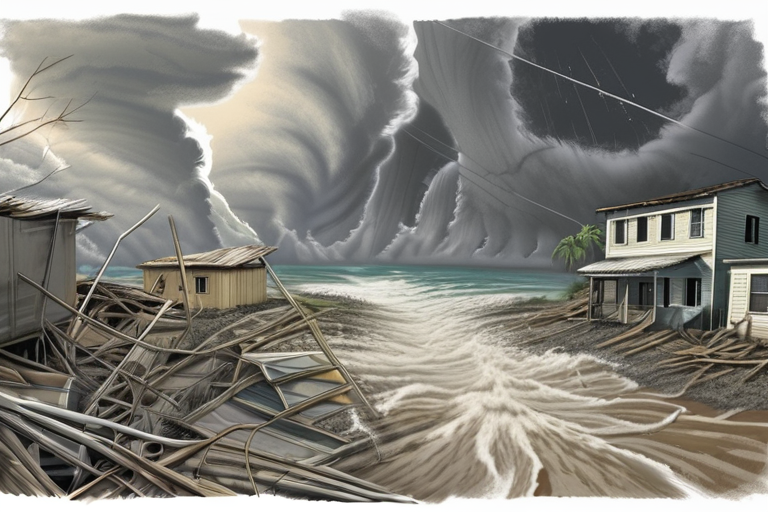


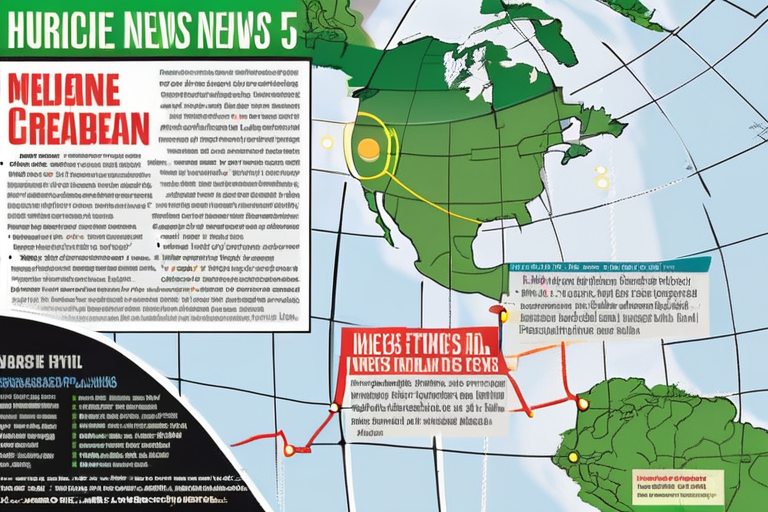

Share & Engage Share
Share this article